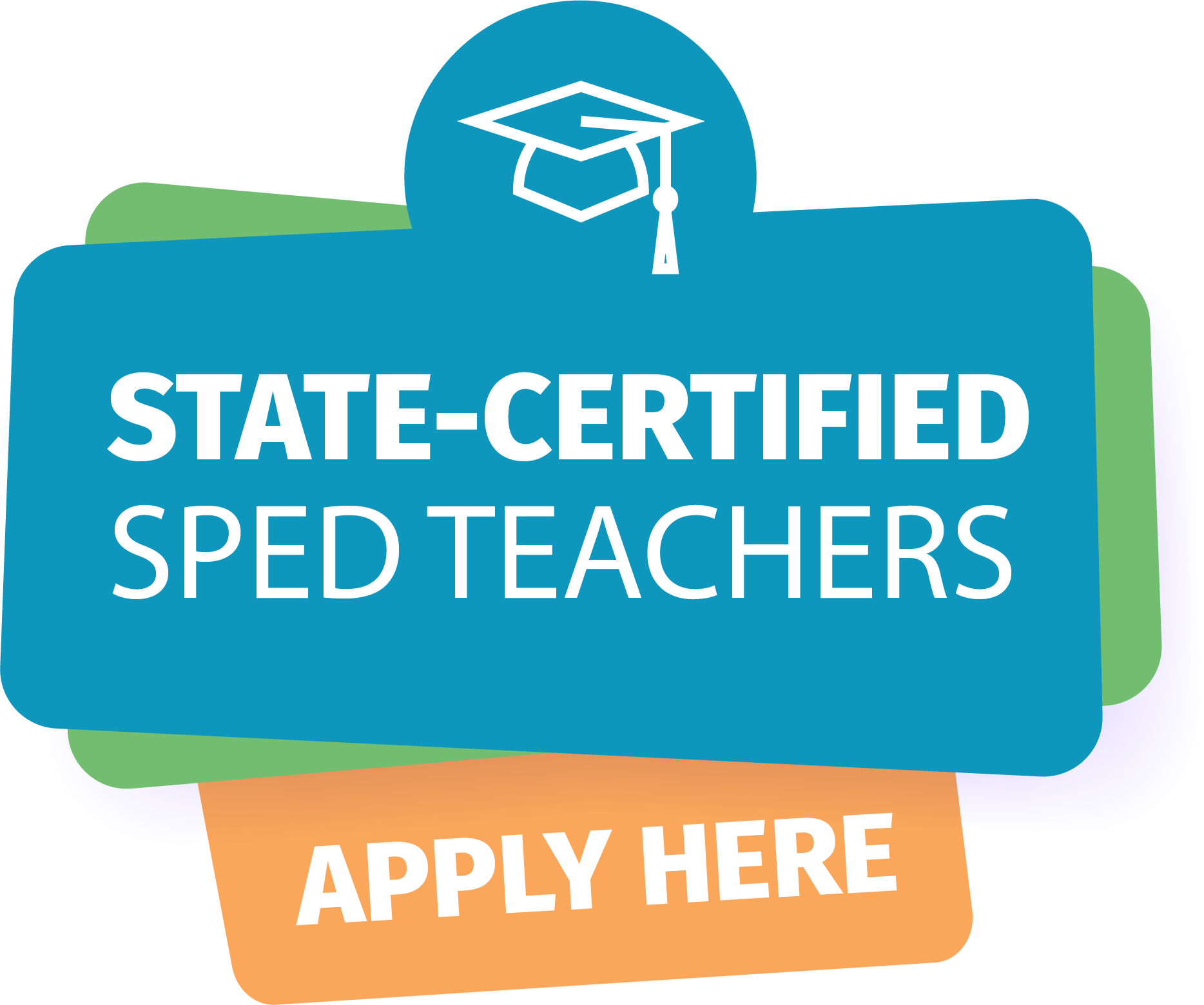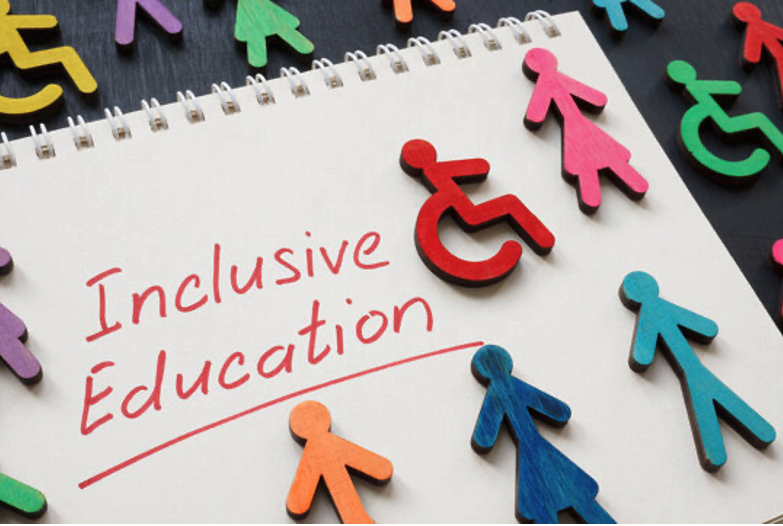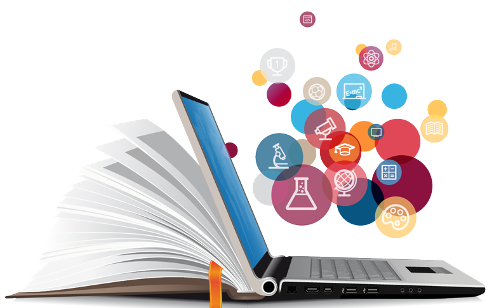Empowering Adult Learners with Special Needs: Building Life Skills for Independence

The Benefits of Virtual Teaching for Special Needs Students in the School System

Fostering Inclusive Learning Environments: A Comprehensive Guide for Supporting Adult Learners with Autism in the Community
Empowering Adult Learners with Special Needs: Building Life Skills for Independence
In a world that constantly evolves, the pursuit of lifelong learning is crucial for personal growth and development. For adults with special needs, navigating the complexities of life can present unique challenges. However, with the right support and tailored strategies, these individuals can acquire essential life skills, fostering independence and enhancing their overall quality of life.
- Understanding Individual Needs: The first step in helping adult learners with special needs work on life skills is recognizing and understanding their individual strengths, challenges, and preferences. Each person is unique, and a personalized approach ensures that interventions are meaningful and effective. Conducting thorough assessments and engaging in open communication with learners and their support networks is vital in creating a customized plan for skill development.
- Creating a Supportive Environment: Building life skills requires a supportive and inclusive environment. Adult learners with special needs benefit from an atmosphere that fosters a sense of belonging and encourages self-expression. Establishing clear communication channels, promoting positive interactions, and celebrating achievements contribute to an environment where learners feel safe and motivated to take on new challenges. Virtual instruction allows adult learners to continue to grow in the safety of their own environment.
- Tailoring Instructional Strategies: Effective teaching methods play a pivotal role in helping adult learners with special needs acquire life skills. Utilizing a variety of instructional strategies, such as visual aids, hands-on activities, and real-life scenarios, can enhance the learning experience. Individualized instruction that accommodates different learning styles ensures that each learner can grasp and apply essential skills effectively.
- Targeting Key Life Skills: Life skills encompass a broad range of abilities, including communication, problem-solving, time management, and self-care. Identifying the most relevant and impactful skills for each learner is essential. Breaking down larger skills into smaller, manageable tasks allows for gradual progression and boosts the individual’s confidence. For example, developing a routine for daily tasks or practicing effective communication in various social settings can be initial focus areas.
- Incorporating Technology: The integration of technology can be a powerful tool in supporting adult learners with special needs. Educational apps, interactive programs, and assistive technologies can cater to different learning styles and provide additional reinforcement. Moreover, technology can offer opportunities for remote learning and virtual skill-building, making education more accessible and flexible.
- Building a Collaborative Support System: A collaborative support system involving educators, support staff, family members, and community resources is essential for the success of adult learners with special needs. Regular communication and collaboration ensure that everyone involved is on the same page and can provide consistent support. Workshops and training sessions for support networks can enhance their understanding of the learner’s needs and empower them to contribute effectively to the individual’s growth.
Empowering adult learners with special needs to develop life skills is a collaborative and dynamic process. By recognizing individual needs, creating supportive environments, tailoring instructional strategies, targeting key life skills, incorporating technology, and building a collaborative support system, educators and support networks can pave the way for increased independence and a fulfilling life for these individuals. In doing so, we contribute to a more inclusive society where everyone has the opportunity to thrive.
Related posts






